The Someone Else’s Problem Field around infrastructure is, ironically enough, a measure of infrastructure’s ubiquity and success. You don’t think about infrastructure because you don’t need to. It just works. And when it doesn’t, there’s a phone number you can not bother calling, because they’ll only put you on hold anyway, and by the time you get through it’ll probably have fixed itself, so why bother?
2014 Internet Hall of Fame Interviews: Dennis Jennings
presented by Dennis Jennings
I was invited to go to the National Science Foundation and I joined them on the 1st of January 1985 as the first Program Director for Networking. So my role was to build the supercomputer access network. Well when I arrived I changed all that. I decided that instead of building a specific network for supercomputer access, I’d take a more strategic, long-term view—at least that’s how I express it nowadays. I probably didn’t think of it in those terms. Read more →

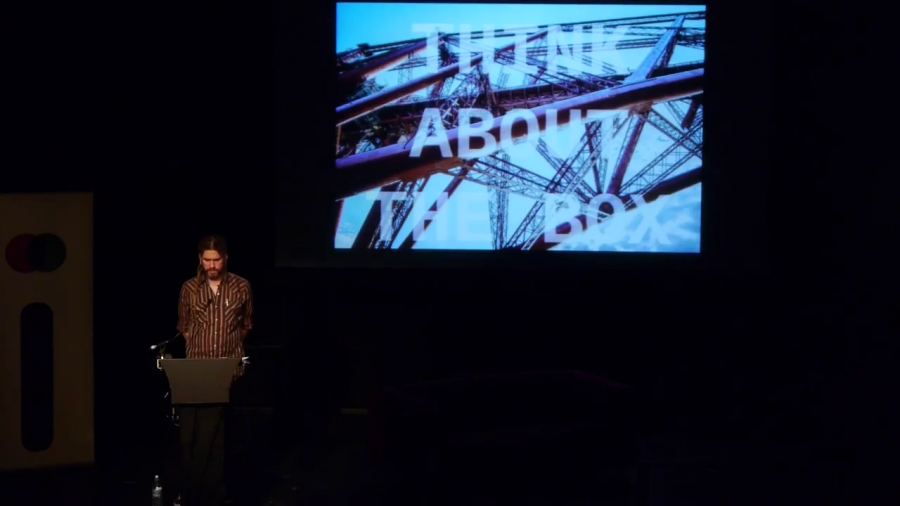
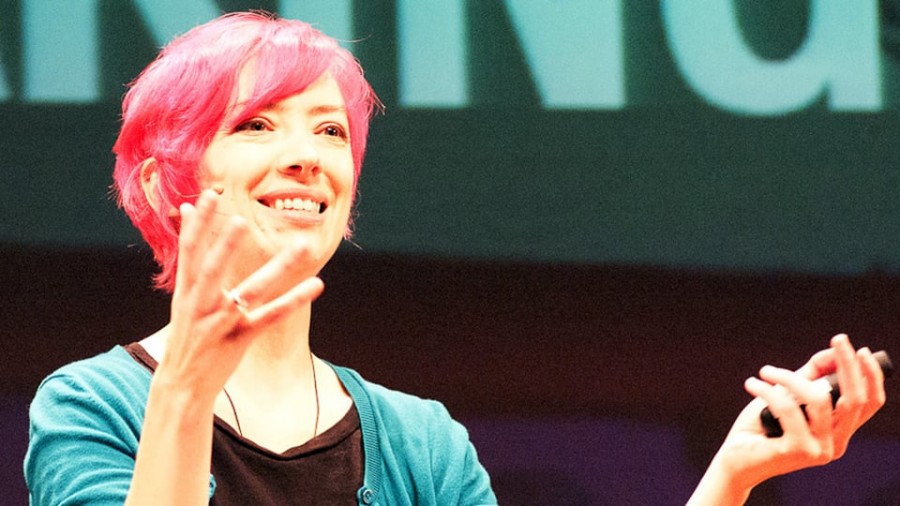
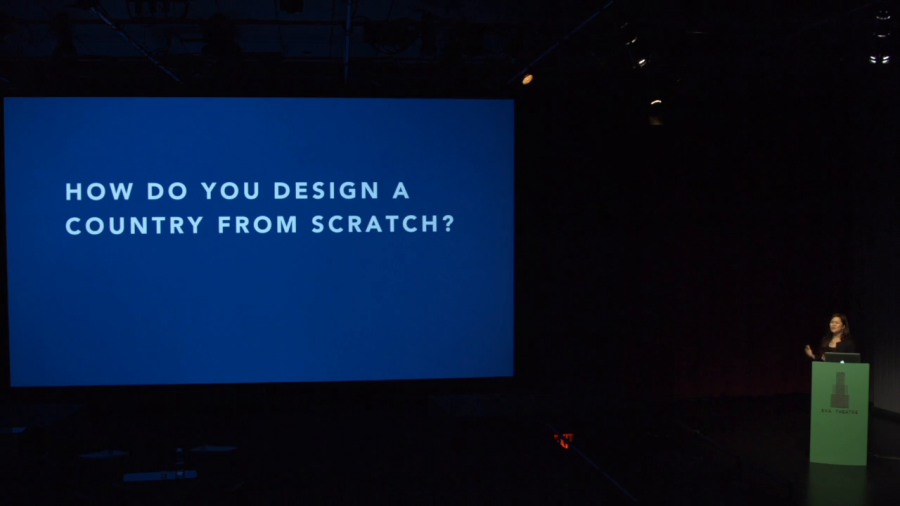
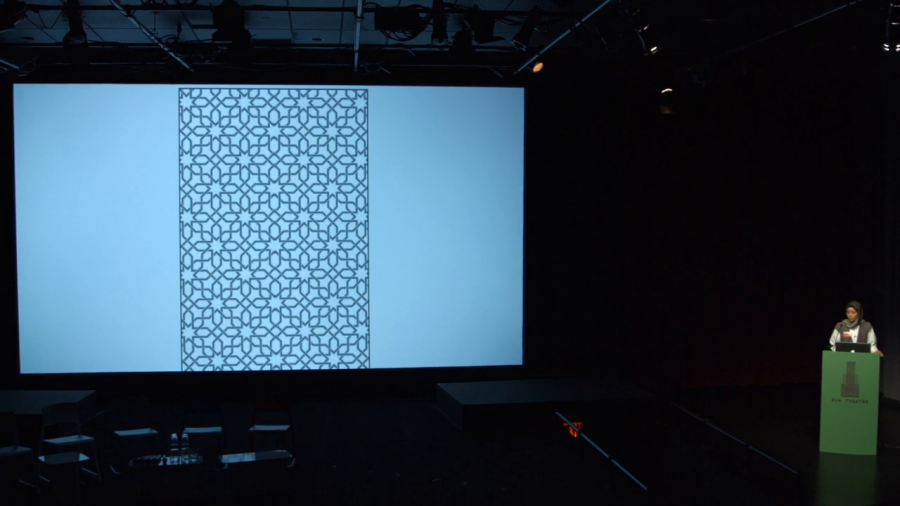
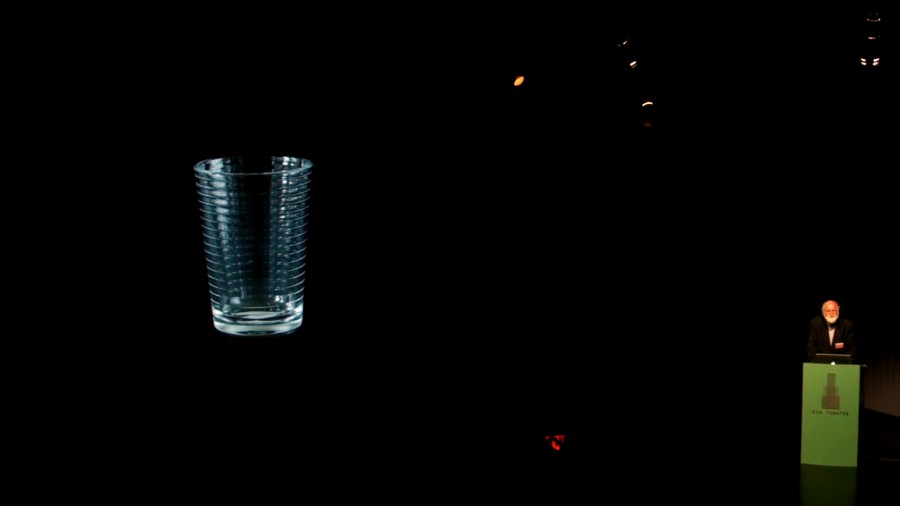
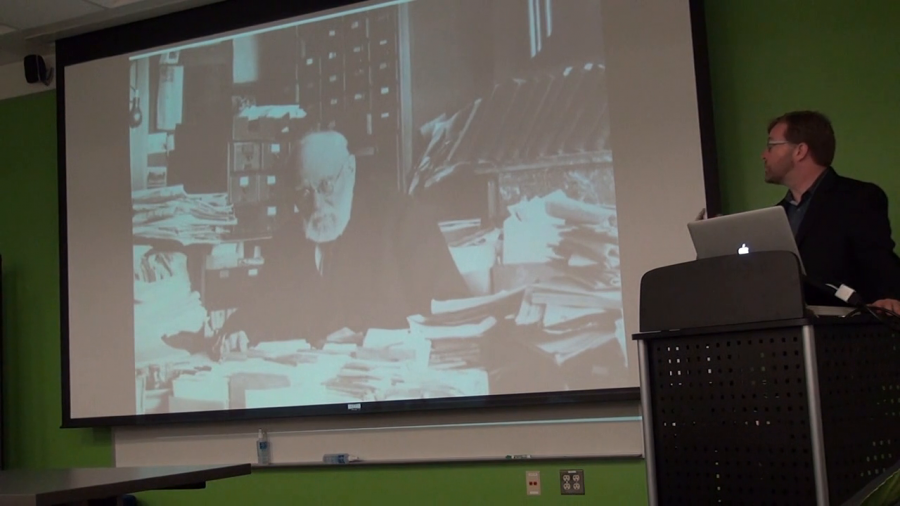
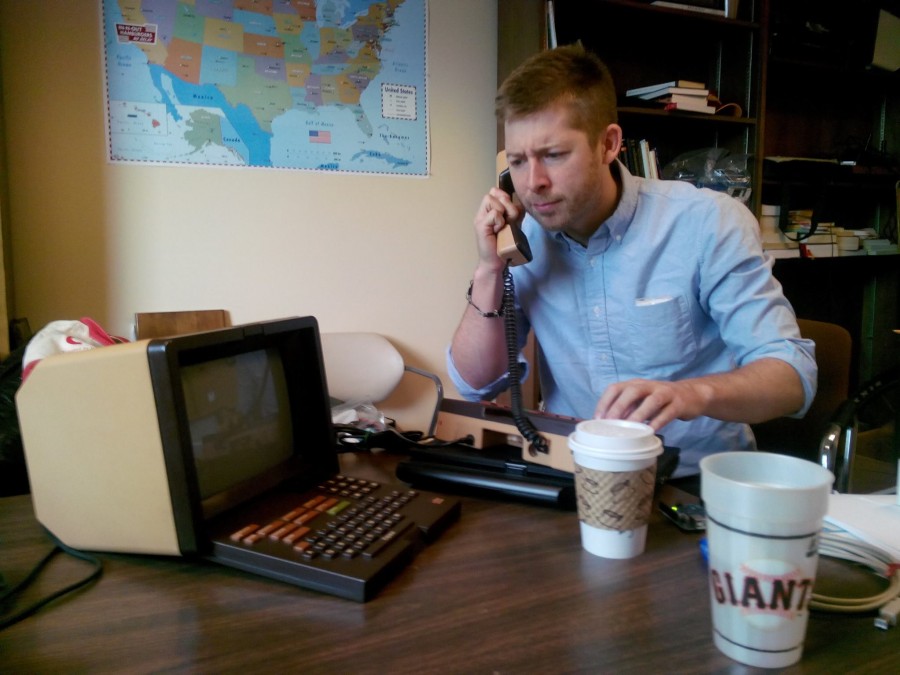
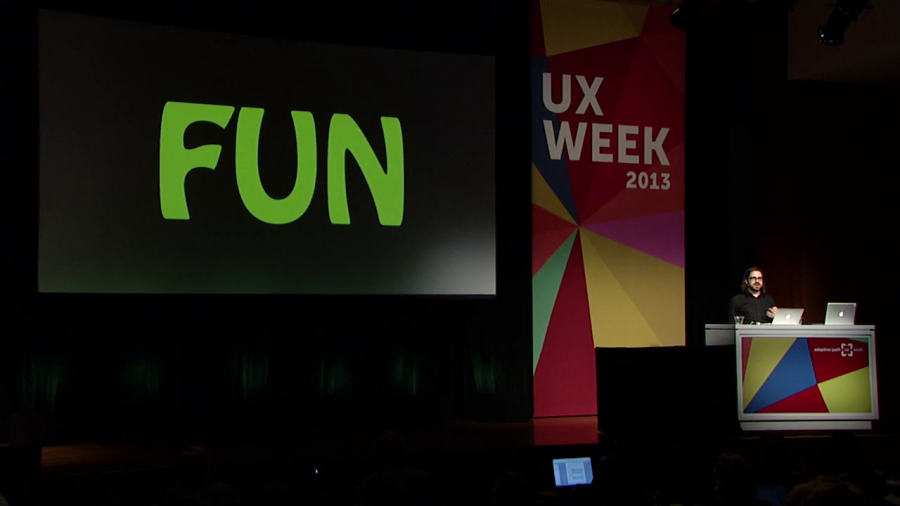
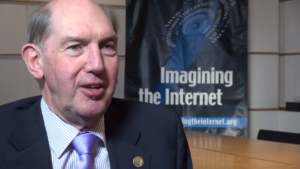
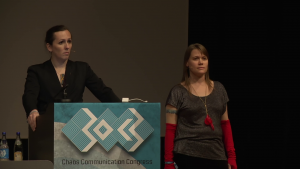
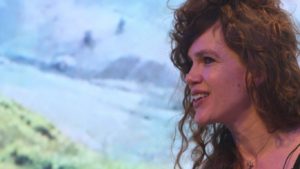

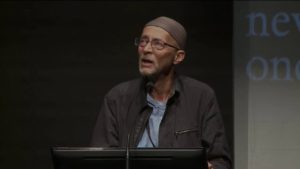
The Web We Lost
presented by Anil Dash
I can have my independent blog, but if it’s not being promoted through one of these networks, nobody sees it. If it’s not being injected in one of these streams in a format that’s consumable in one of these streams, that’s compatible with what they call native advertising, which is stream items that are ads, then it doesn’t get seen.